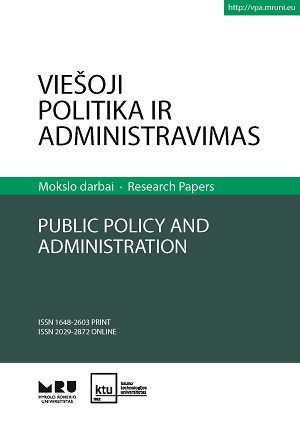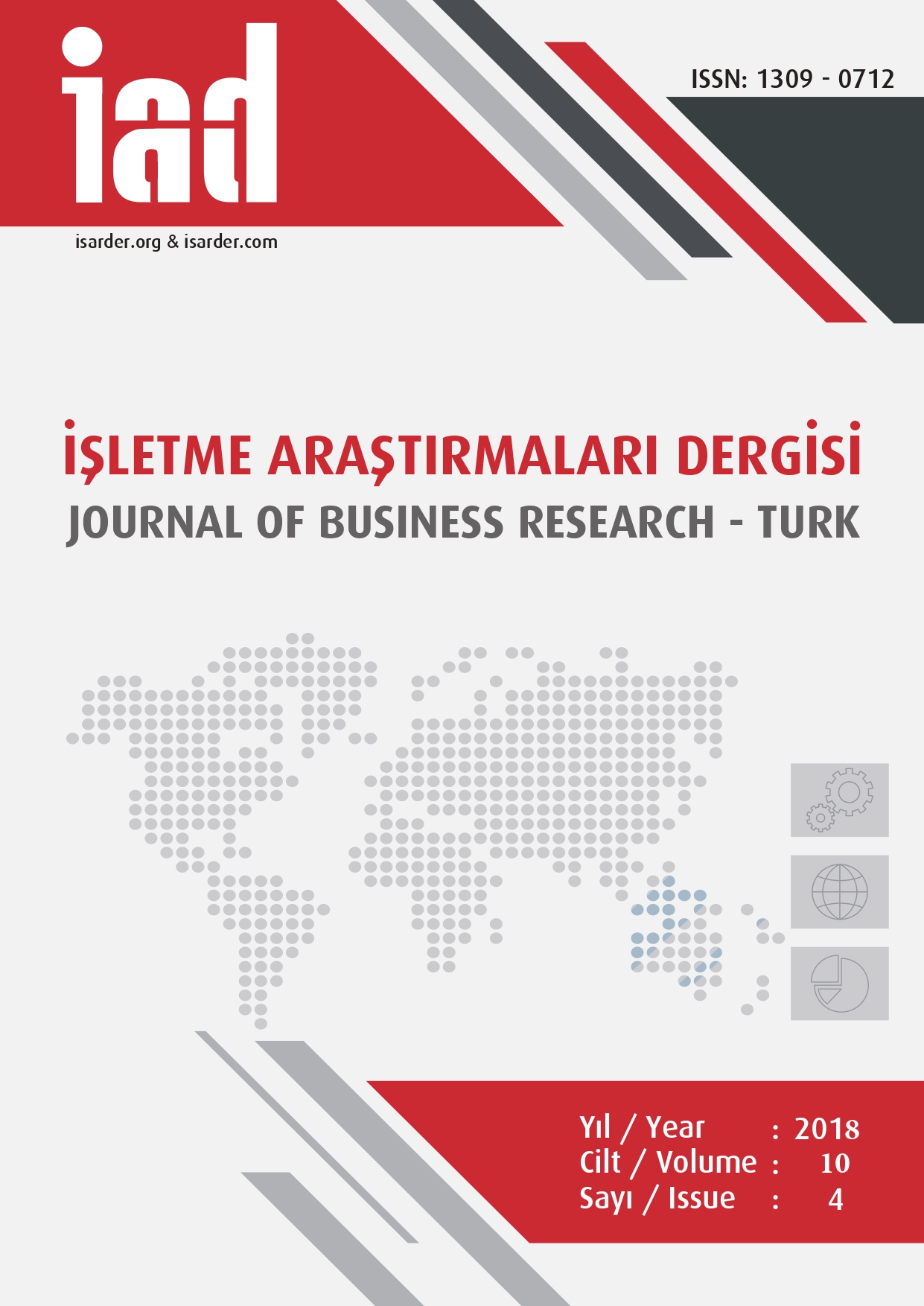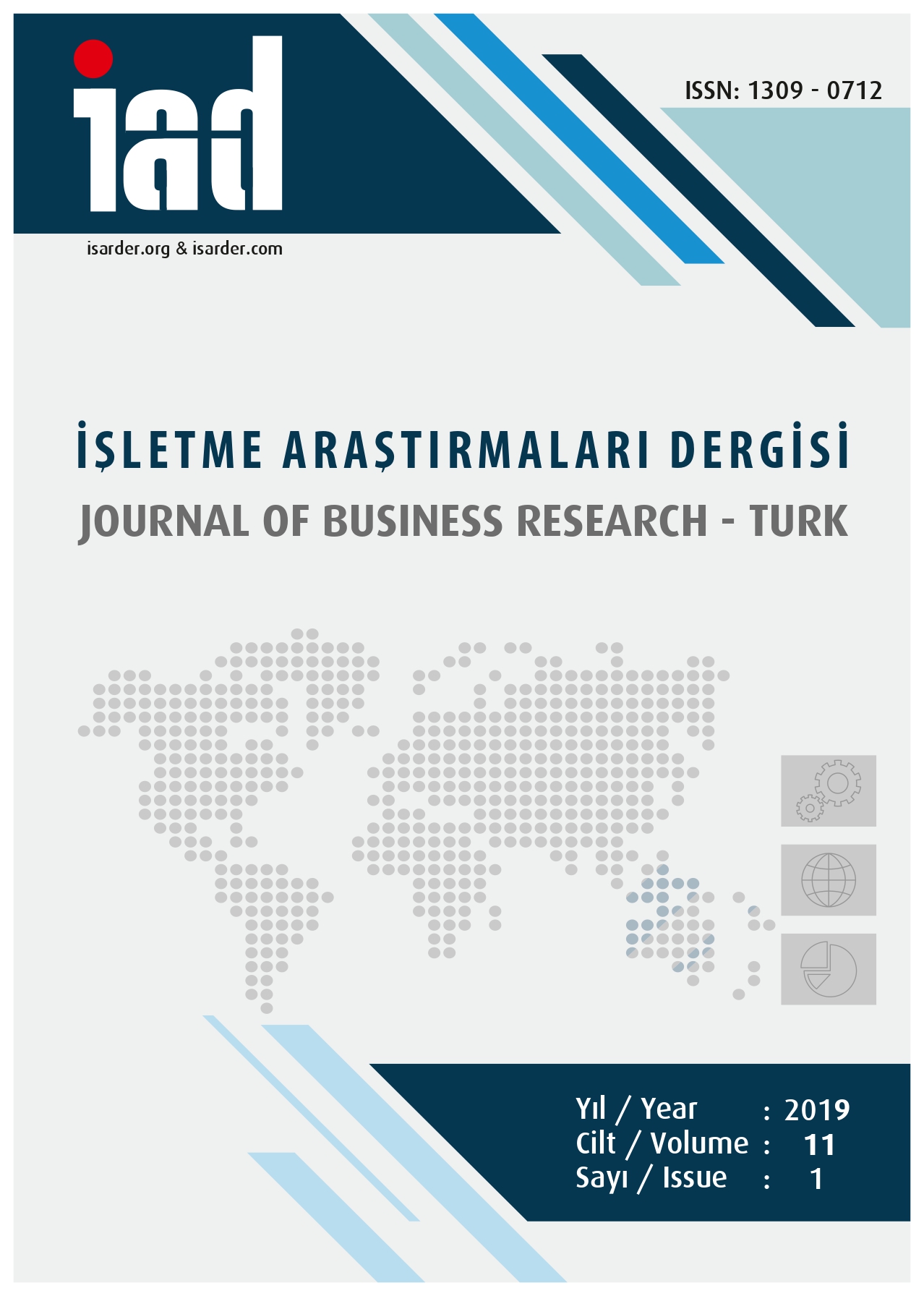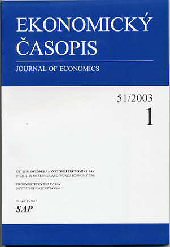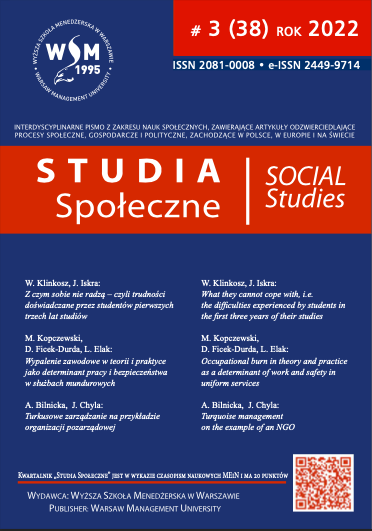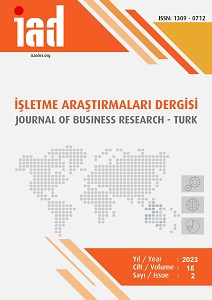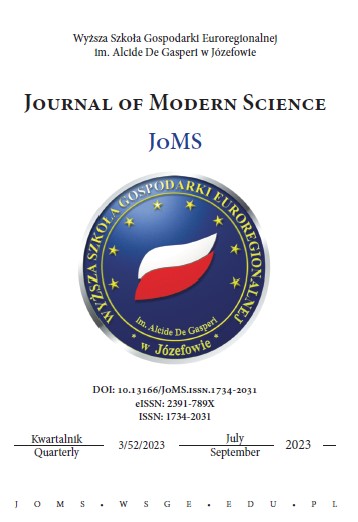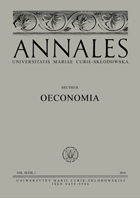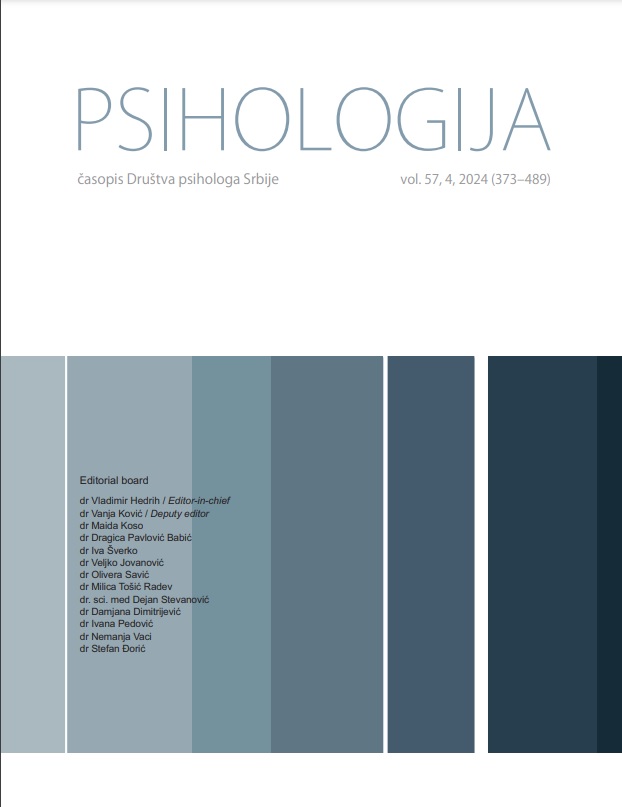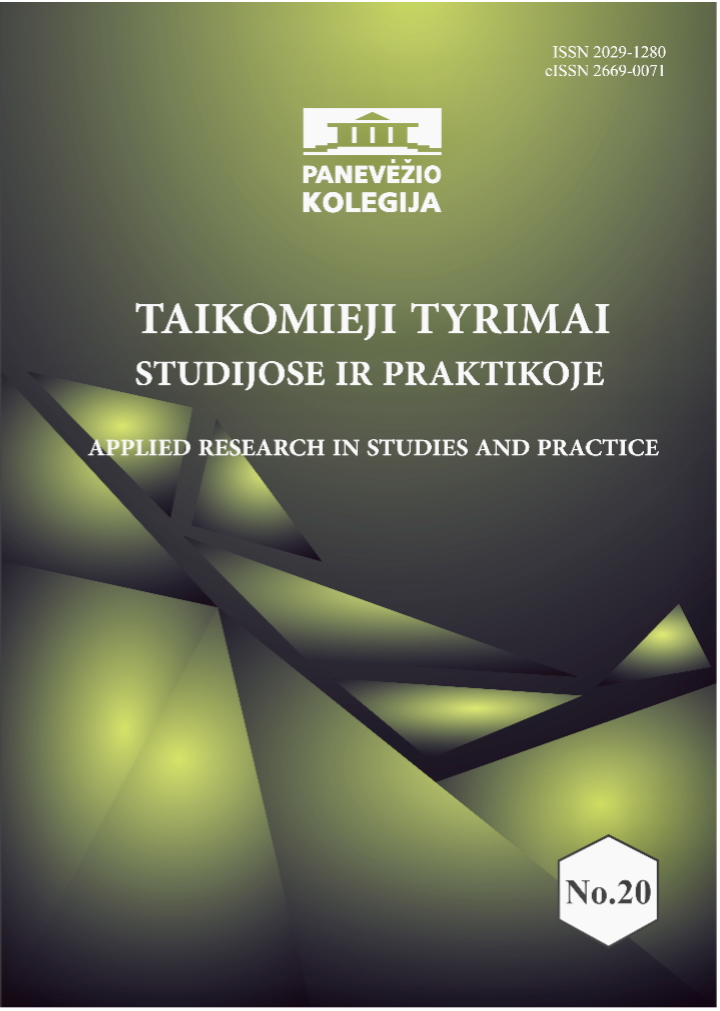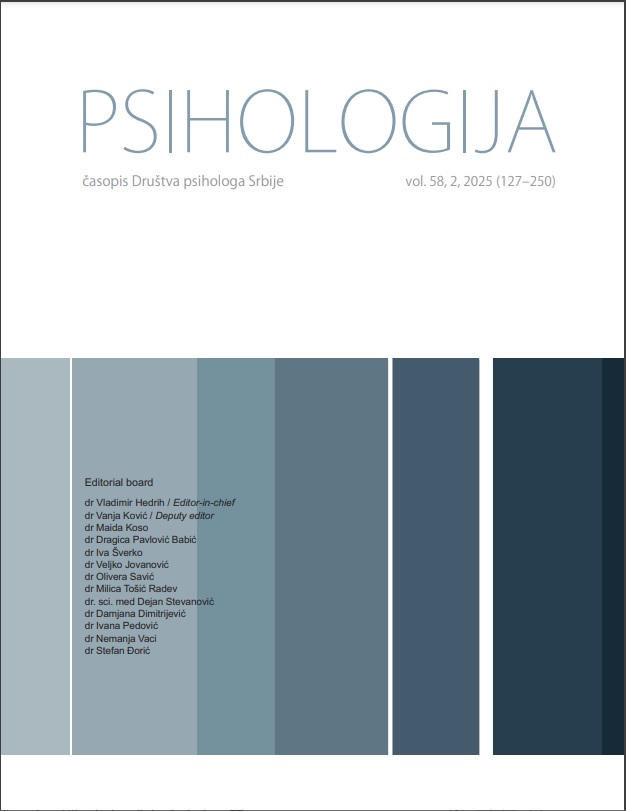Author(s): Hasan Tutar,Gamze Ay,Nevzat Şahin / Language(s): Turkish
Issue: 2/2023
Purpose – Intimidation is an emotional state that can occur in the initial stage of burnout syndrome, as an emotion that employees feel negatively towards their work. The main purpose of this research is to develop the " Professional Frustration Scale," which can be used to determine the professional frustration of employees, especially in the later stages of their careers. Design/methodology/approach – In order to develop the scale, data were collected from four different research groups. In the scale development process, a process consisting of the creation of the item pool, simplification of the items by conducting a pilot study, test and retest analysis, and exploratory and confirmatory structure analysis was followed. Cronbach Alpha, rho_A, and integrated reliability (CR) values were calculated for the reliability analysis of the scale. Convergent validity and discriminant validity values were calculated for the validity of the scale. For criterion-related validity analysis, a structural equation model was created by using the turnover intention scale. Results – The data obtained from the research group consisting of private sector employees revealed that the scale has a three-dimensional structure. In the item validation process, confirmatory factor analysis was performed with the data obtained from the second research group. For criterion-dependent validity, a research model was developed by using the dimensions of the scale and the turnover intention variables. It was concluded that professional frustration predicted intention to turnover, and criterion-dependent validity was achieved. Professional frustration scale; It was named as “Cooling towards Work (13 items)”, “Work-Private Life Mismatch (5 items)” and “Loss of Motivation in Work (4 items)”. Discussion – Analysis findings It can be argued that the “Professional Frustration” Scale is a valid, reliable, functional check used to measure the perceptions of professional frustration of all employees, including public and private organization employees.
More...
